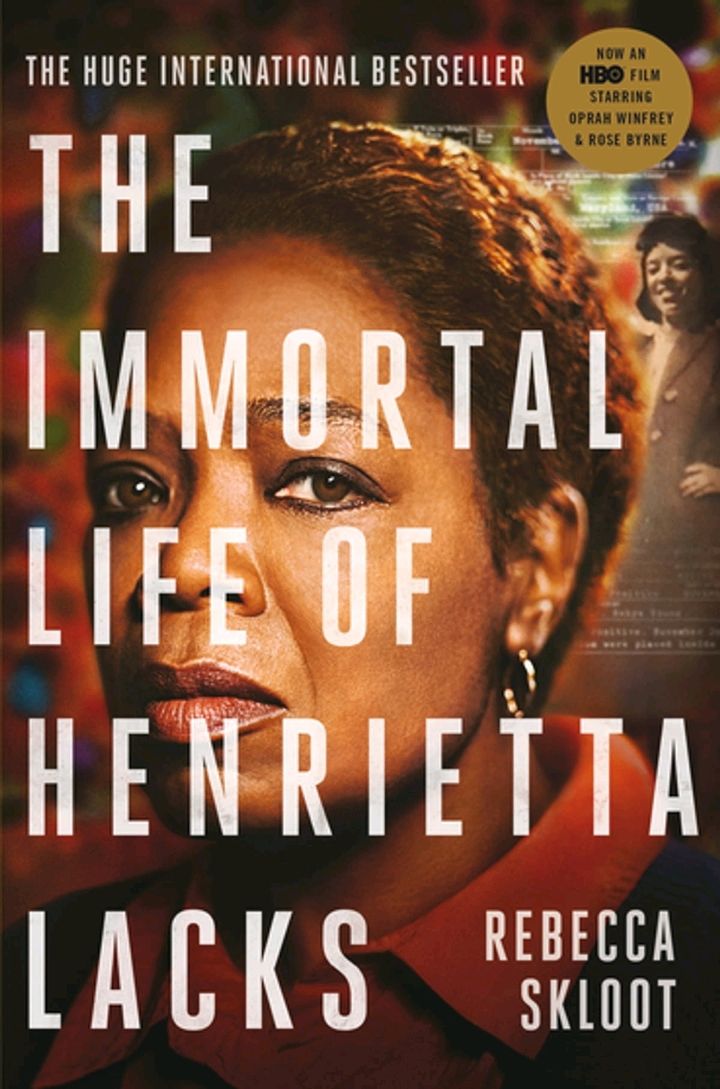Audio available in app
Resolving conflicts between medical professionals from "summary" of The Final Diagnosis by Arthur Hailey
In the high-pressure world of medicine, conflicts between medical professionals are not uncommon. These conflicts can arise from differences in opinions, personalities, or even competing interests. In "The Final Diagnosis," these conflicts are portrayed as a realistic and complex aspect of the medical profession. One of the key challenges in resolving conflicts between medical professionals is the need to balance the interests of all parties involved. Doctors, nurses, and other healthcare professionals may have different priorities and perspectives, making it difficult to find a solution that satisfies everyone. In the book, this challenge is highlighted through the interactions between the characters, each with their own motivations and beliefs. Another important aspect of resol...Similar Posts
Time management is crucial for maximizing productivity
Time management plays a critical role in the success of individuals and organizations. Effective time management can lead to in...
Understanding power dynamics can lead to strategic advantages
Power dynamics play a crucial role in the intricate web of human interactions. By having a keen understanding of these power dy...
Leadership must adapt to various situations
In the dynamic world we live in, one thing is certain: change is constant. As leaders, we must be prepared to face a variety of...
Resolving conflicts between medical professionals
In the high-pressure world of medicine, conflicts between medical professionals are not uncommon. These conflicts can arise fro...

The role of resilience in overcoming challenges
In times of adversity, the ability to bounce back and persevere is what sets individuals apart. Resilience, the capacity to rec...
Rebuilding trust in a damaged healthcare system
Rebuilding trust in a damaged healthcare system is like trying to repair a broken vase - it requires patience, skill, and a del...

Henrietta's cells continue to be a vital tool in scientific research
Henrietta Lacks unknowingly made a monumental contribution to science when her cells were taken without her consent in 1951. Th...
